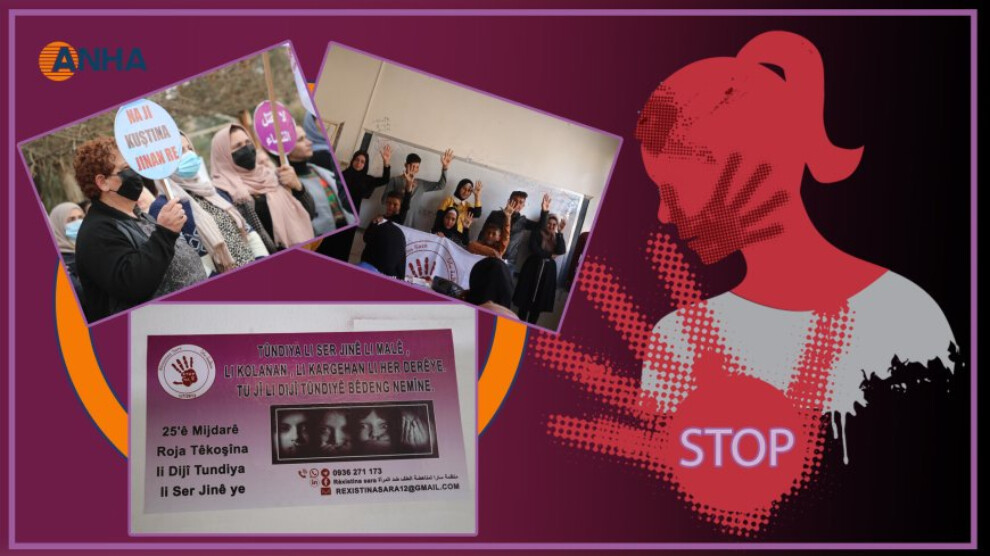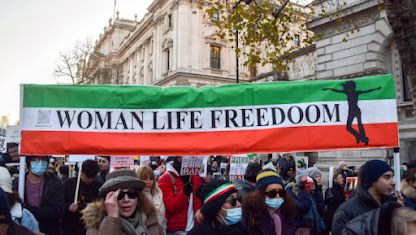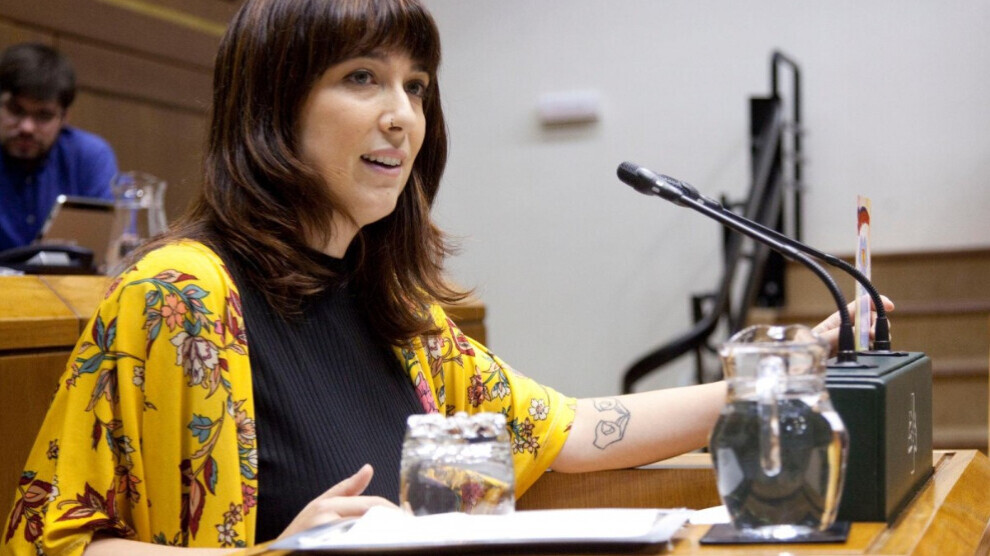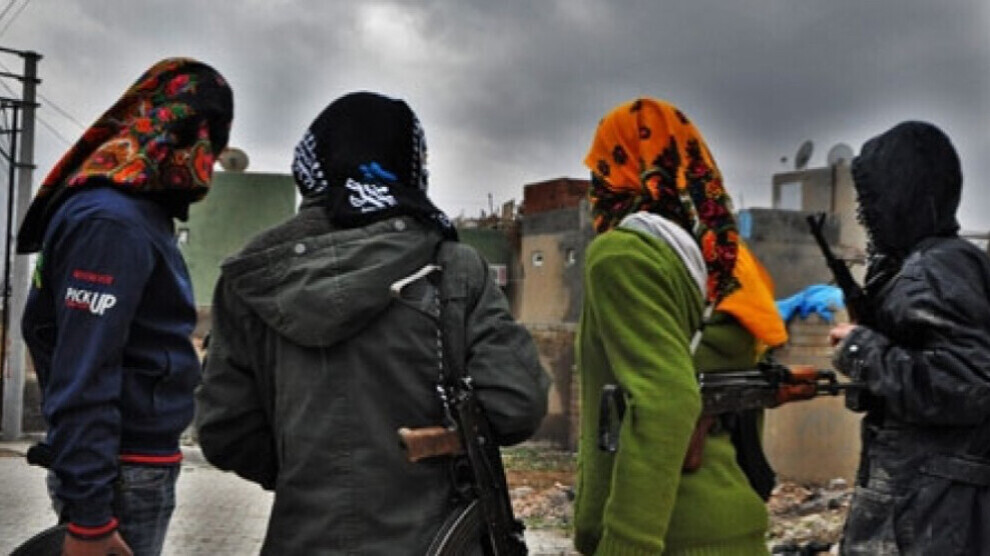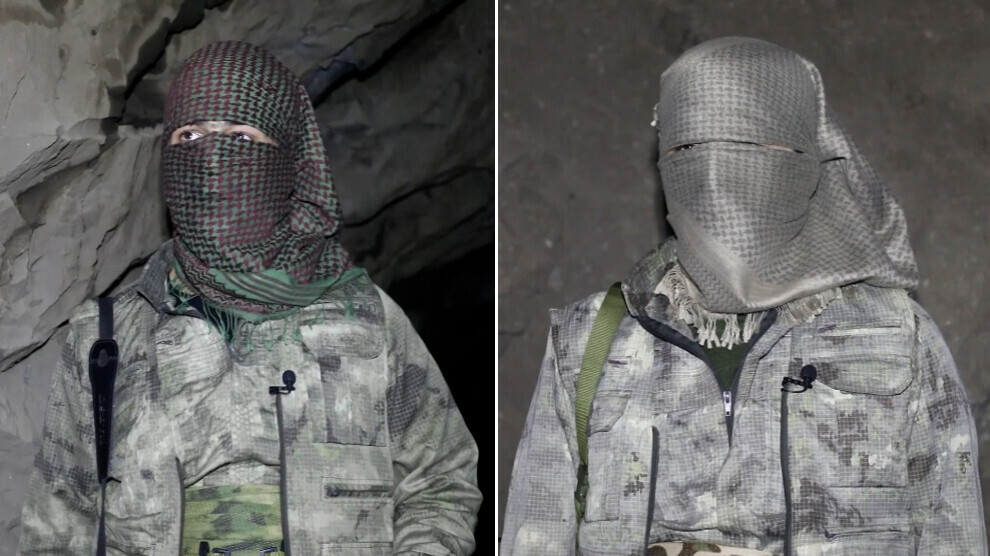Canada Reinvents the Xenophobic Wheel

Photograph Source: Dietmar Rabich – CC BY-SA 4.0
Bikram Singh is running out of time on his post-study work visa in Canada.
Singh is one of about 70,000 migrants who were sold on the Canadian dream of eventually making the country their home but now face an uncertain future with their work permits set to expire by December 2024. They came from places like India, China, and the Philippines, and sold their land and belongings in their home countries, took out loans, or made other enormous commitments to get themselves to Canada.
“We came here for our future. They promise you an easy permanent residency here.” However, due to the backlog of the Canadian immigration system, it has become more difficult to secure permanent residency now compared to in the past, he says.
“We are demanding a fair chance. Now they are saying, ‘We never promised [permanent residency],’” Singh says.
Canada has a system of post-study visas for students who graduate from Canadian colleges and universities. This year, with an upcoming election in 2025, Canada’s political parties are playing with the lives of migrants by tightening the country’s immigration policies, resulting in their visas no longer being eligible for renewal—as they were during the COVID-19 pandemic. The parties have also been engaging in xenophobic campaign tactics.
Singh says, “All political parties are playing this dirty [blame] game,” where immigrants are blamed for unemployment, housing crisis, and inflation. As a result, Canadian voters “don’t know their real enemy. The ruling class of Canada diverts their anger,” says Singh, from the “Canadian imperialist capitalist system.”
More than 50 worker-activists with Naujawan Support Network (NSN) and the Post-Graduation Work Permit (PGWP) Committee have established a 24-hour outdoor encampment in Brampton, Ontario, a suburb of Toronto. As of November 19, 2024, they have been there rain or shine for more than 80 days.
They want their work visas extended for 2024 and 2025—more than 200,000work permits. They are further demanding five-year work visas for all international students, a fair pathway to permanent residency, and an end to exploitation under Labor Market Impact Assessments (LMIAs).
LMIAs are documents that Canadian businesses must obtain to hire many categories of temporary workers. Through these documents, they show that no Canadian citizen or permanent resident was available for a particular job.
While this may sound harmless in theory, Singh says that, in practice, LMIAs are a way to generate money for businesses under the table while tying workers even more closely to a single employer. It’s a recipe for exploitation and illegal, “but everyone knows that this is going on,” says Singh.
LMIAs aren’t the only way that Canadian institutions have made money off migrants. Singh says colleges and universities overenrolled during the COVID-19 pandemic to make money off students taking classes from home in sending countries.
In 2024, several protests have taken place in other provinces of Canada, like those in Manitoba and Prince Edward Island, besides the NSN and PGWP Committee protest.
Canada’s upcoming election is just the latest to be affected by xenophobia. In 2024, anti-immigrant politics have become prevalent across the globe, from India to Tunisia to Donald Trump’s U.S., in a year replete with major elections.
As of 2020, there were about 281 million migrants around the world comprising 3.6 percent of the global population, according to the United Nations. Remittance flows, or money sent from migrants back to their home countries, amounted to $831 billion in 2022, a figure bigger than the economies of many nations.
This article was produced by Globetrotter.
Canada and Ukraine: The Careful Suppression of a Shameful History

Yaroslav Hunka, a a Ukrainian-Canadian World War II veteran of the 14th Waffen Grenadier Division of the SS (1st Galician)—abbreviated[a] as SS Galizien—a military formation of Nazi Germany, invited to the Canadian Parliament in 2023. Photograph Source: TVA Nouvelles – CC BY 3.0
A few days before Remembrance Day, November 11, 2024, the Government of Canada announced that it will not release the portion of a report produced by the Commission of Inquiry into War Criminals in Canada (Deschênes Commission) that names 900 Canadians accused of war crimes committed on behalf of the Nazis. Canada admitted these people and others after the Second World War, including many former members of the Waffen SS Galizien (Ukrainian).
We then learned that it was Global Affairs Canada who prevented Library and Archives Canada (LAC) from granting an access to information request to make these names public. According to the LAC spokesperson, the decision to keep the list sealed “was based on concerns regarding risk of harm to international relations.” The Globe and Mail, which along with others filed the access to information request, explained the decision this way: “Global Affairs has repeatedly warned about Russian President Vladimir Putin using disinformation to justify his invasion of Ukraine.”
Remembrance Day? Or Suppression of Remembrance Day?
Should we remind Global Affairs Canada that during the Second World War, these 900 people were fighting for the Nazis, and therefore against our parents and grandparents! Do we have to inform them that 1.2 million Canadians fought against the Nazis, 45,000 of whom never returned?
Fortunately, there are authors and journalists who are keeping a close eye on things, one of whom is Peter McFarlane, author of the excellent just published, Family Ties, How a Ukrainian Nazi and a Living Witness Link Canada to Ukraine Today (Lorimer, October 2024).
McFarlane’s starting point is the double ovation the Canadian parliament granted former member Waffen SS Galizien Yaroslav Hunka in September 2023—a shining case of Canadian governmental amnesia. But above all, it was the hearty applauding Chrystia Freeland, Deputy Prime Minister and Minister of Finance of Canada, whose grandfather, Mykhailo Chomiak, was a Nazi collaborator. Though Freeland can’t be held responsible for her grandfather’s crimes, she could at least recognize them and distance herself from them, which she has never done.
The author follows the journey of two families from the same region of Ukraine, then known as Galicia, who arrived in Canada in the wake of the Second World War.
On one hand, there is the family of Mykhailo Chomiak, who was the editor of the Ukrainian-language Nazi newspaper Krakivski Visti from 1940 to 1945. This newspaper, which had nothing to envy of Der Stürmer, promoted Adolf Hitler, the Nazis, the SS and, in particular, the Waffen SS Galizien (Ukrainian) and their murderous campaign against Jews, the “Judeo-Bolsheviks,” the Poles and all those they considered subhuman.
In parallel, McFarlane traces the journey of Montreal writer Ann Charney, born Ann Korsowar in Brody in 1940, a city northeast of Lviv in western Ukraine, and very close to the birthplace of the Chomiak family. Brody was a small town of about 24,000 people, 40 percent of whom (about 10,000) were Jews when Ann Charney was born.
Family Ties is divided into three parts. The first, entitled “Murder in Galicia,” covers the history of Galicia up to 1945 where Lviv (Lemberg, Lwow, Lvov – depending on the period) is the most important city. It was while traveling in the region for a book on another subject that the author developed this part of the story, with the help of, among others, members of the Chomiak family who had remained there after 1945.
The second part, “The Most Ukrainian of Countries,” focuses on Canadian citizens of Ukrainian origin, their deep political divisions, and their role in the politics of their country of origin and of Canada since 1945, again with the families of Mykhailo Chomiak and Ann Charney as a common thread.
The third part, “The Return of the True Believers,” concentrates mainly on the last ten years, showing in particular how the past, especially from the 1920s to the 1950s, has shaped today’s politics in both Ukraine and Canada. This part also includes a trip to Ukraine (to Lviv, Brody, and elsewhere) in 2022, after the war with Russia began.
The contrast between the two families’ stories is appalling. Through his research, travels, and interviews, the author allows us revisit the birth and development of the murderous fanaticism of the former, who chose to join Hitler’s hordes. He also has the reader grasp the terror suffered by millions of Jews, Poles, Russians, anti-fascist Ukrainians, and anyone who refused to adhere to the Nazi ideology.
For example, the author, who visited all the places inhabited by both, demonstrates how comfortable Chomiak lived from 1940 to 1945, especially in Krakow, the capital of the Nazi occupation government of Poland. This comfort is illustrated in terms of the salary he was paid to edit the Nazi newspaper Krakivski Visti and the offices and equipment needed to do this work, which were confiscated from Jewish owners, but also his lodgings, seized from a Jewish family whose “filth” and “vermin” Chomiak complained to his German employers about.
In contrast, Ann Charney, her mother Dora, and her aunt Regina took refuge during the war in a barn loft a few kilometers from Brody. For two and a half years, they could only very rarely leave their hiding place, fearing death at the hands of German soldiers or Ukrainian collaborators, which sometimes their neighbors from Brody. They were at the mercy of Manya, a Ukrainian woman who, in return for a few pieces of bread, extorted from them everything they had brought with them in terms of money or jewelry. Liberated by the Red Army and in particular by a young soldier named Yuri in the summer of 1944, they could barely walk due to extreme hunger and atrophied muscles. Ann was 4 years old.
Peter McFarlane was inspired by Ann Charney’s memoir Dobryd (Brody) first published in 1973 (published in French in 1996) and compared by critics to that of Anne Frank. Unlike what she calls “the Holocaust industry” or “Holocaust porn,” Ann Charney, an award-winning Montreal writer and journalist, refuses to stoop so low. For her, that way of approaching these crimes dehumanizes the victims by making them objects, when the are verifiable facts and where ordinary humans attack other ordinary humans.
In Brody, the German army and the Ukrainian militias first rounded up all the Jews in a ghetto surrounded by barbed wire and guarded by Ukrainian collaborators, often residents of Brody themselves. Then came deportation, in particular to the first Nazi extermination center in Belzec, northwest of Lviv, which Heinrich Himmler established in early 1942.
Ann, her mother, her aunt and her cousin managed to escape the ghetto and take refuge in the barn in time to avoid the fate of the others. They were thus among the 88 survivors of Brody, out of a Jewish population of nearly 10,000 in 1939.
“So they exited our history”
The two visits that Peter McFarlane made to the Museum of History and Local Lore in Brody are the most revealing of both what happened at that time and the current state of mind of many Ukrainians in that part of the country. McFarlane describes his arrival at the Brody Museum in 2022 as follows:
“The road to Brody was a memory lane for the SS Galizien. (…) there is a roadside chapel surrounded by five hundred white crosses that Ukrainian SS veterans had erected in 1994 as a memory to their comrades who had fallen in the battle of Brody. (…)”
Of the current exhibits, he adds:
“They were much the same as the previous year – still with the final room celebrating the Galizien division with photos and weapons and uniforms and maps from the battle of Brody. They had added a photo of Yaroslav Statsko and included his declaration of independence of Ukraine ‘under the leadership of Adolph Hitler.’”
On his first visit to the Brody Museum, McFarlane had immediately noticed that there was no mention of the Jews of Brody, who had founded the town and who, in the 1880s, made up 80 percent of the population. He reminded the museum director of this fact, who acknowledged that it was true. The author then asked why the Museum had no record of the presence of Jews. The director responded, “There were no more Jews after 1943, so they left our history,” waving his hand like a magician
A damning portrait of Canada
The journey of these two families during and after the war and their arrival in Canada presents a damning portrait of Canada and of the leaders of the Ukrainian Canadian community, many of whom who were also Nazi sympathizers and with whom the Canadian government worked at the time. The fact is that Canada rolled out the red carpet for thousands of Nazi collaborators, including Mykhailo Chomiak.
At the same time, and this makes the portrait all the more damning, Ottawa was subjecting real refugees from the Nazi war to a cruel obstacle course as they sought to immigrate to Canada. That was the case of Ann Charney and her family.
The criticism of Canadian policy does not stop there. In a clear, factual and hyperbole-free style, the author demonstrates how Canada has pursued, to this day, a policy of support for this fringe of Ukrainians who today openly and proudly herald and emulate fighters of the SS Galizien and who are very influential in the current government in Kyev.
Family Ties is a remarkable book on a period of history—the Second World War, before and after—that continues to haunt us. It is also a powerful antidote to Canadian amnesia and especially to the attempts to rewrite the history of that war to justify the warmongering provocations of Washington, Ottawa, London, Paris and other NATO countries.
Notes.
Dobryd, Ann Charney (1973, 1995) English
Dobryd, Ann Charney (1993, VLB publisher) French
LA REVUE GAUCHE - Left Comment: Search results for INTERNMENT
